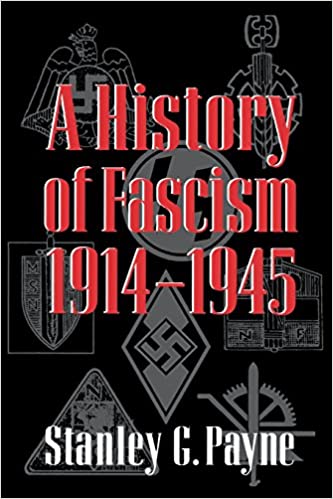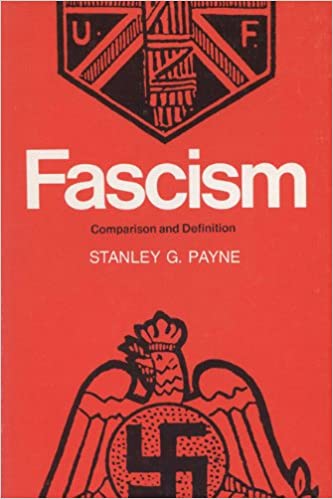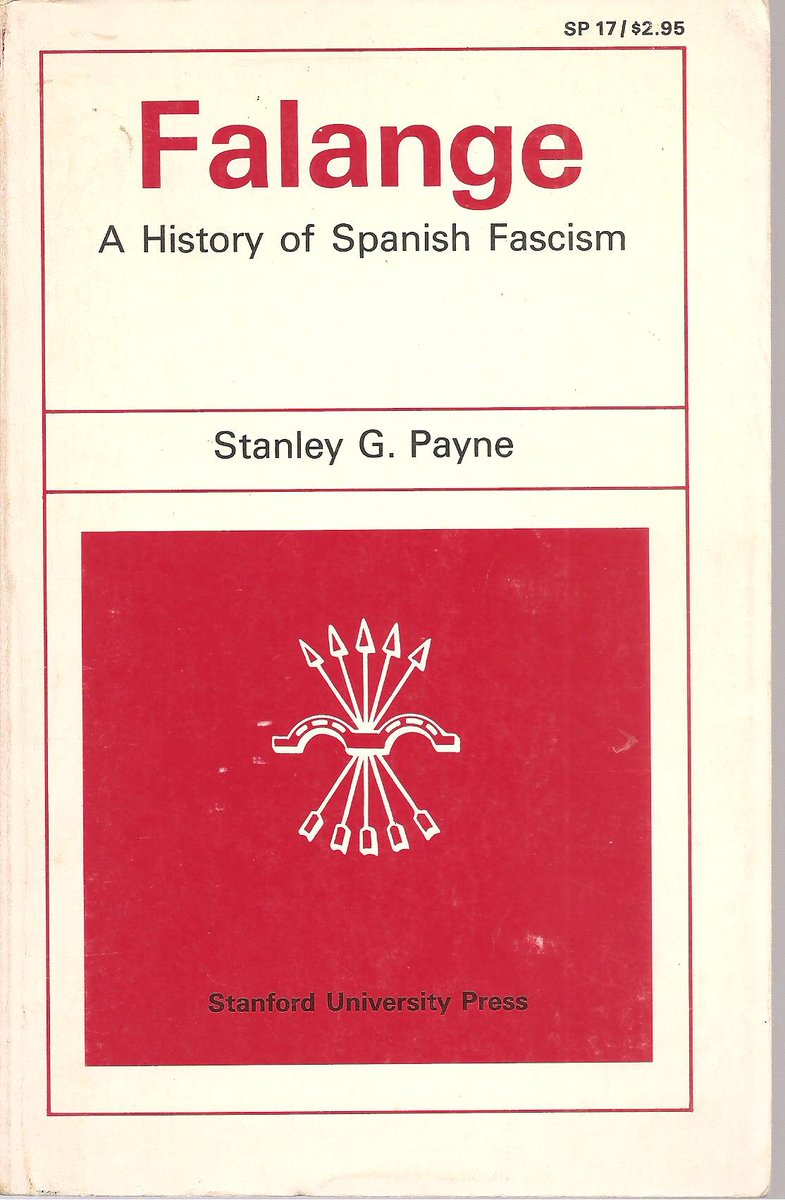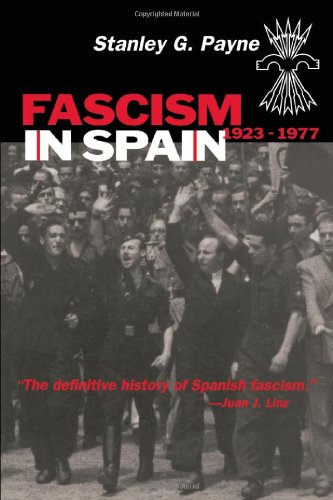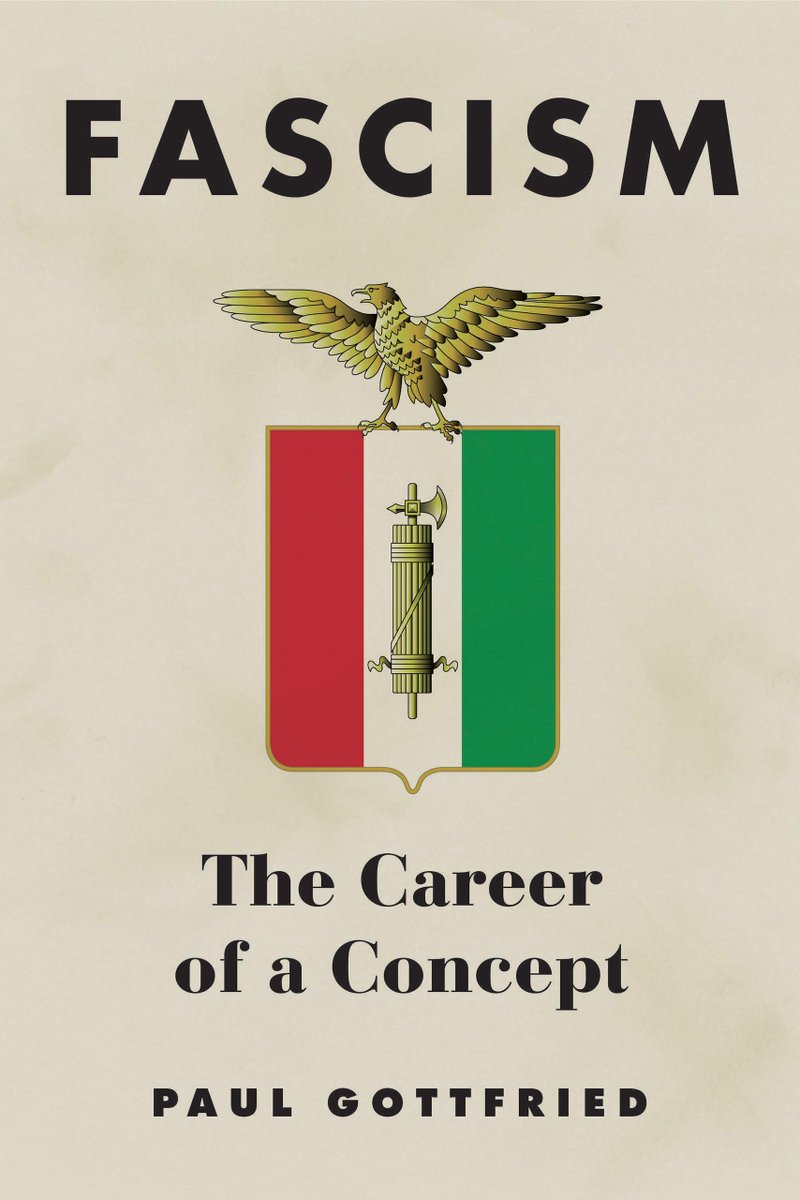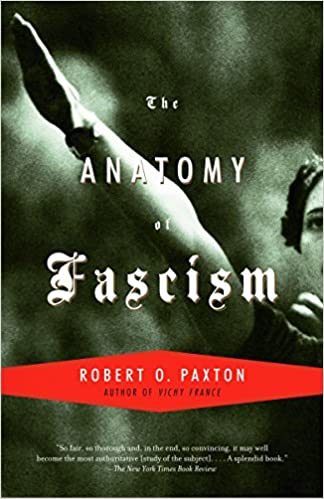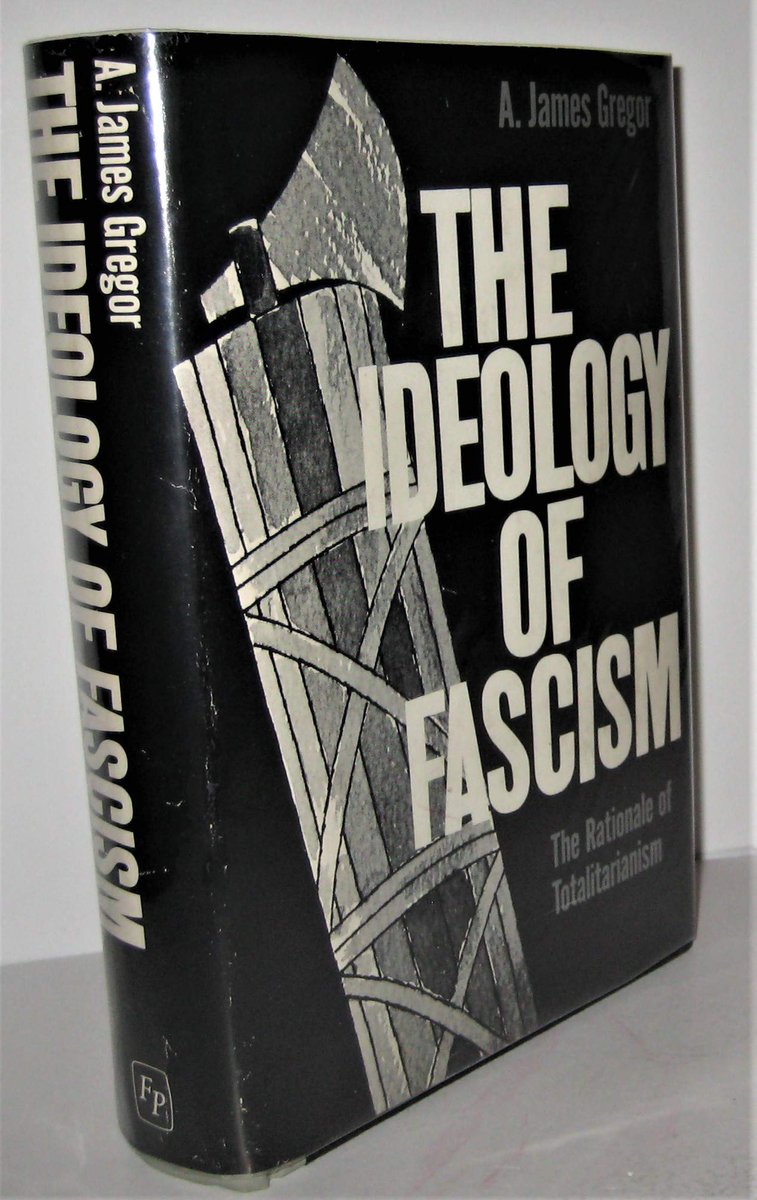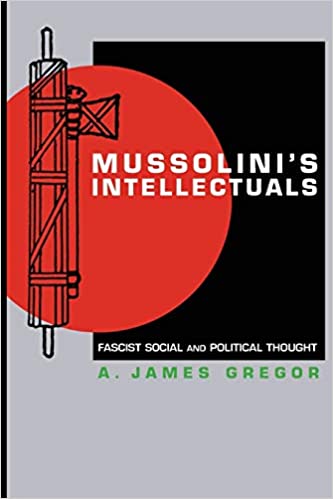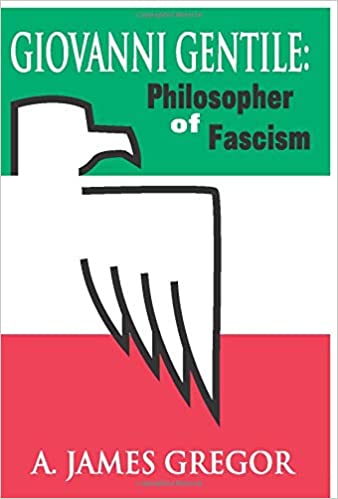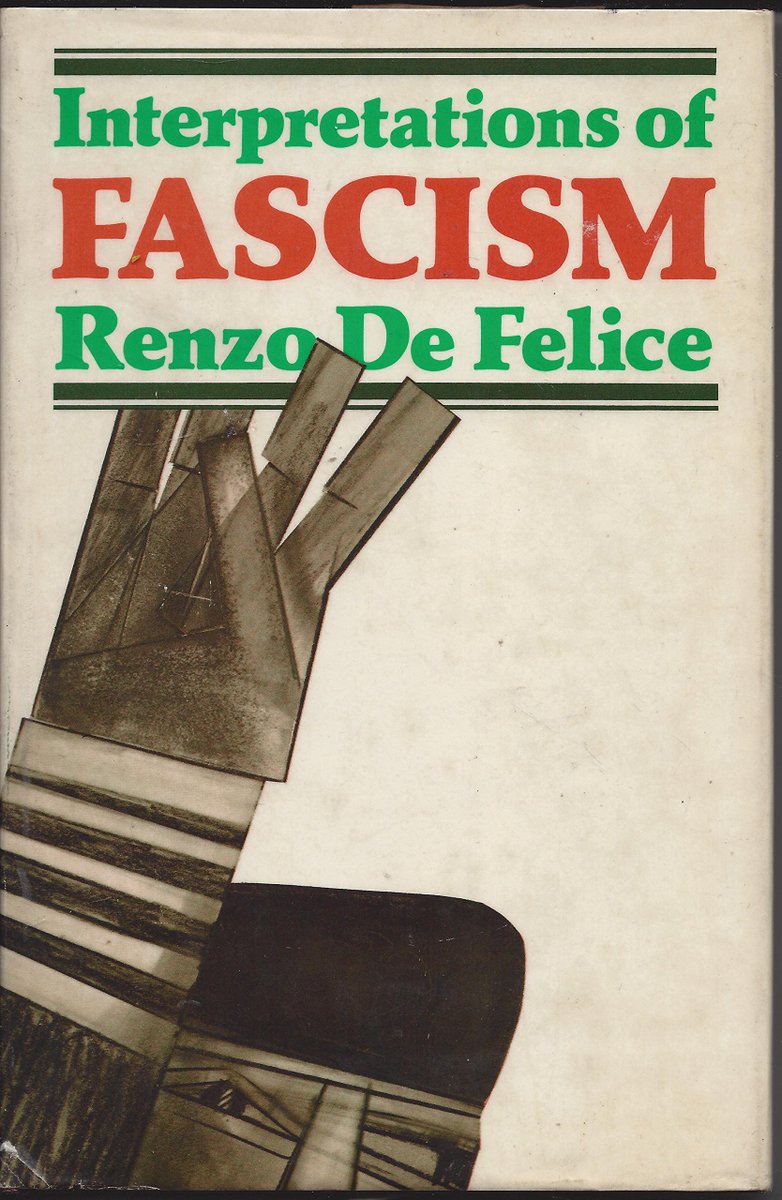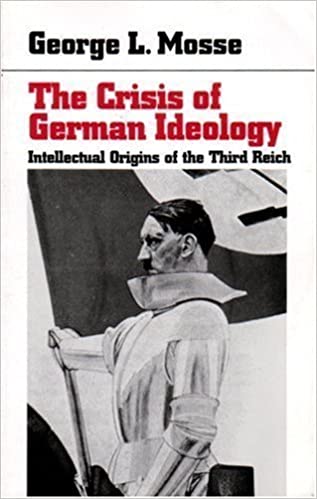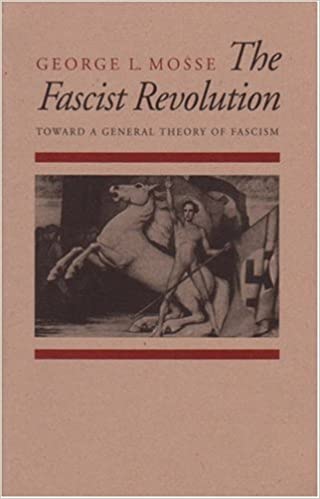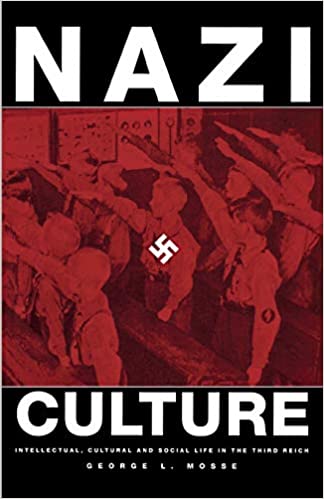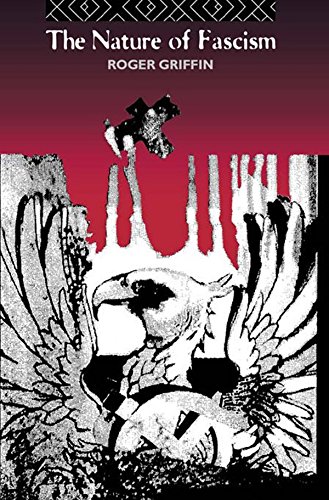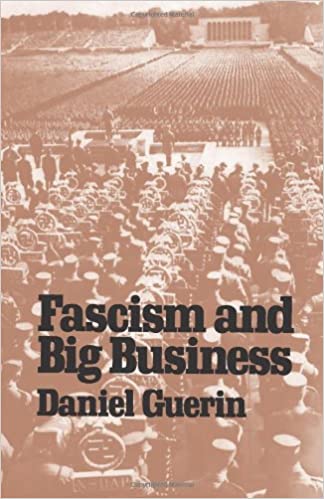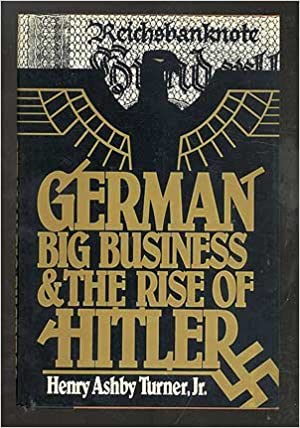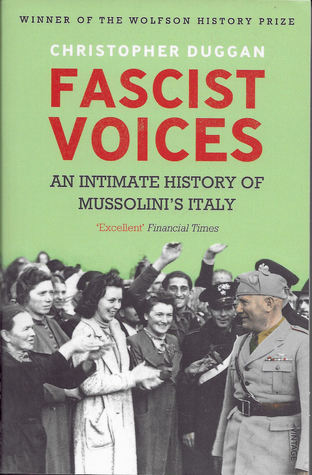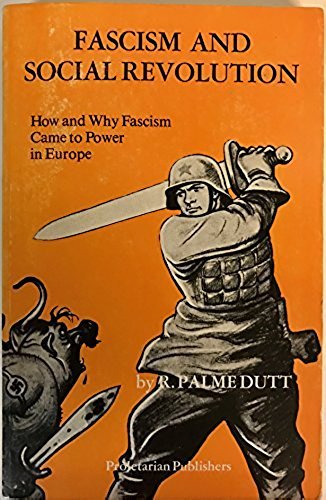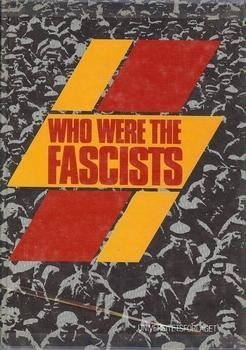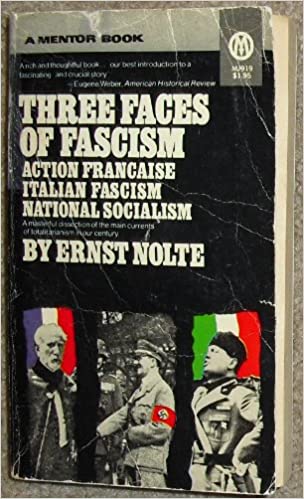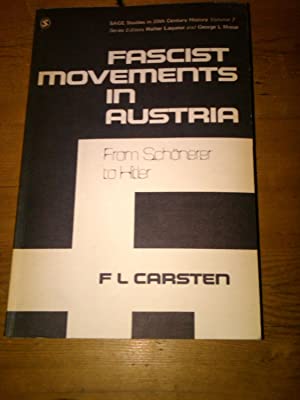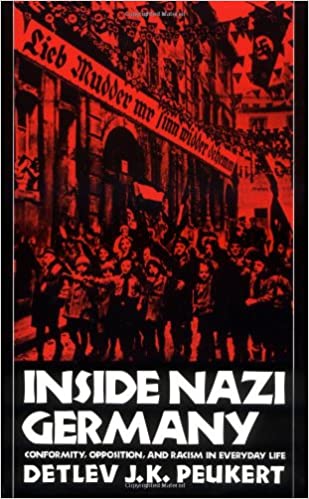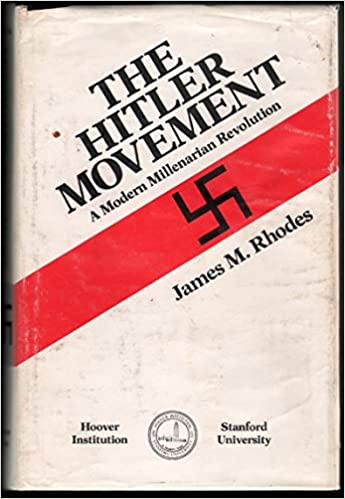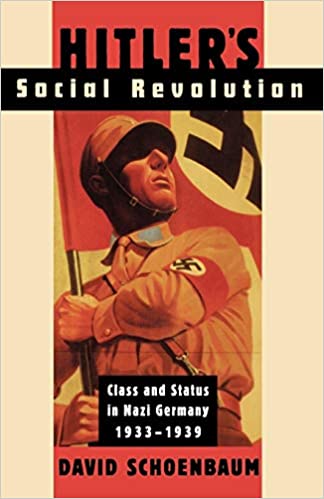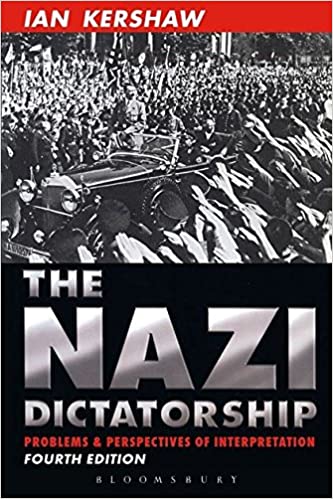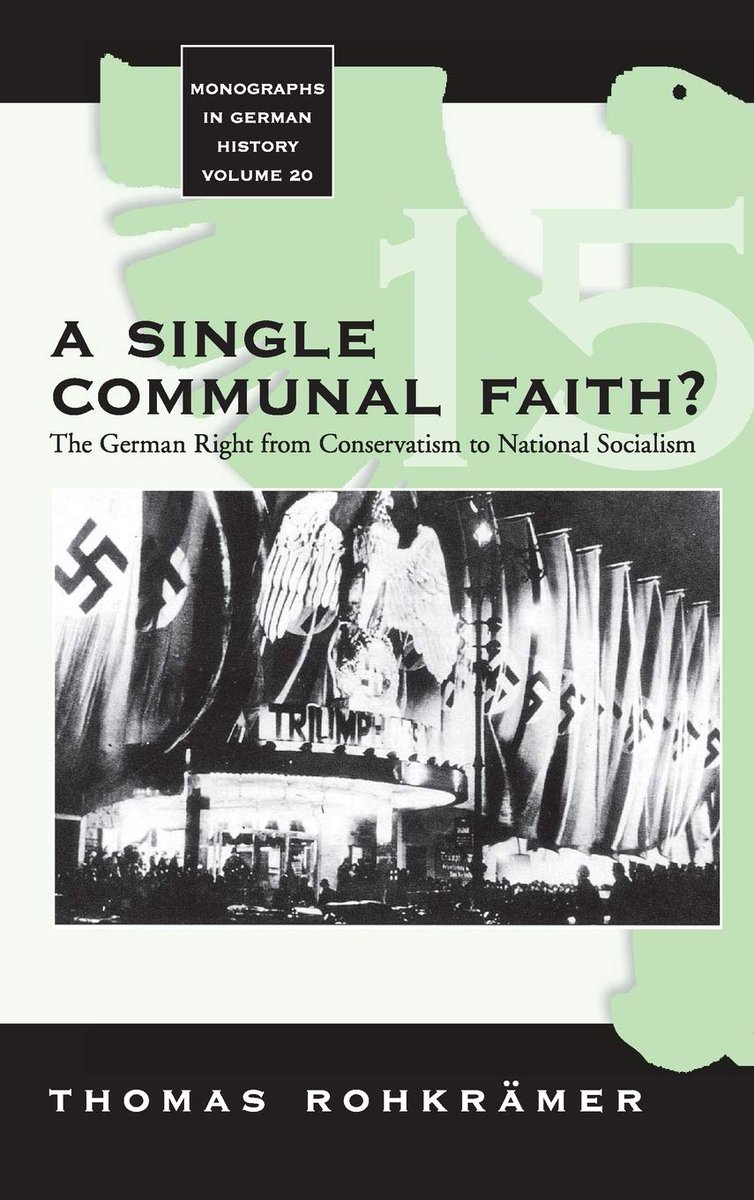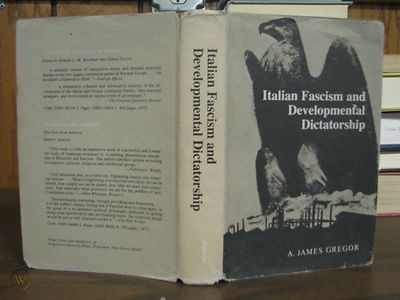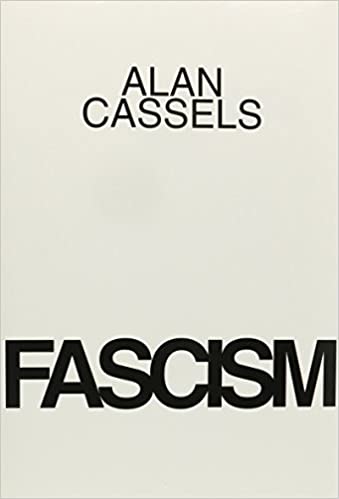@rhizostigmata @Irkutyanin1 @Peter_Nimitz @RoiRoiDame @GuiDurocher @HistorysE @RogueScholarPr An overview of some good books on Nazism/fascism as a phenomena and interpretations. Please share if you like.
A quick note, this rundown of historical literature on fascism will focus on general interpretations and general histories. This will not focus on specific studies of economics, culture, or politics or regional studies. This is not a complete, and only accounts for what ive read.
My favorite historian of fascism is Stanley Payne. His "A History of Fascism" is the best overview. The second book pictured here is a taxonomic overview of fascism that focuses on ideological differences and policies in different countries.
Payne's specific specialty is in Spain. He has plenty of good books on Franco and the Civil war, but these are two books that focus on Spanish fascism. All the relevent debates about how to interpret Spanish fascism and right-wing politics are in here.
Paul Gottfried's book on fascism is one of my favorites. Sees fascism as ultimately a rightist political expression and agrees with the Marxists on fascism's role as a force holding back socialism. His chapters on totalitarianism and fascist internationalism are my favorites.
Paxton's "Anatomy of Fascism" is one of my least favotrite interpretations. However, it is widely read and therefore its probably important to read at some point. Be warned
Gregor hold some weird opinions about fascism as general phenomenon (he generally interprets it as a leftist phenomenon) but he is prolific and generally gets it right. There is a number of books he wrote but here is some of his best.
In particular, he is a great resource on the intellectual origins of Italian fascism. Where Italian fascism diverged but also mirrored socialism and Italian nationalism as an ideology.
Renzo de Felice is generally considered the greatest historian of Italian fascism. On top of writing an 8 volume bio of Mussolini, he wrote dozens of other general histories. Problem is a lot of them arent in English, here one I have read, that I highly recommend.
Mosse is a great resource on understanding the unique nature of fascism and national socialism in Germany. Emphasizes German Nazism as unique cultural revolution.Not a version of conservatism or traditionalism
Griffins interpretation of fascism is probably one of the most unique in that it tries to fully understand it on its own terms. It was a unique historical phenomenon that had its own ideology and nature. "The Nature of Fascism" is definitely worth reading .
In my opinion, the Marxists got a number of things right about how fascism functioned as an historical phenomenon. Fascism was not just a form of ultra-conservatism in Italy or Germany, and it wasn't particularly popular among traditional/capitalist elites. However, these elites
did ultimately work with these forces as opposed to indigenous communist forces in their own countries. This fact alone makes some of their arguments worth considering. Guerin is a good example of this. I don't know if Turner falls into this, but similar thesis.
Fascism as a unique cultural/social revolution has been explored in a number of texts, here a few. "Fascist Voices" and "Who Were the Fascists" are two of my favorites.
"Who Were the Fascists" provides an accounting of the early social basis of each fascist/natsoc party in Europe. Emphasizes fascism as unique type of modernizing social revolution.
Ernst Nolte suffered from the same delusions that Gregor did, but generally he had a pretty spot on analysis of fascism. His comparisons between Nazism and Soviet communism i thought were unfair, but "Three Faces of Fascism" is a really good book, if you can get your hands on it.
The case of Austria is a really interesting case study, I include this because in this case, Nazism and fascism were unique forms of political modernization that were adversarial to movements that were more conservative in Austria (Dolfuss, Catholics, and Habsburg apologists).
Her is a few general studies that examine Nazism as a phenomenon. "Inside Nazi Germany" emphasizes Nazism as a movement that came to power as a reaction to modernism and social democracy that ultimately acted as a type of modernism, bringing the German masses into a new way
thinking ultimately more compatible with a type of modernity. The Schoenbaum book is similar. Rhobes "The Hitler Movement" looks at Nazism as a religious and truly revolutionary milenarian phenomenon. Kershaw's book provides a guide to all of the relevant
These are my favorite histories that emphasize continuity between Nazism and older elements of the German nationalist right that tried to confront ideological antagonisms between tradition and modernity.
If you can find this book, I would recommend it. Emphasizes Italian fascist regime, as great directors of Industrialization. Lends credit to thesis that fascism was ultimately modernizing agent that was able to direct economic progress in a way that traditional elites could not.

 Read on Twitter
Read on Twitter